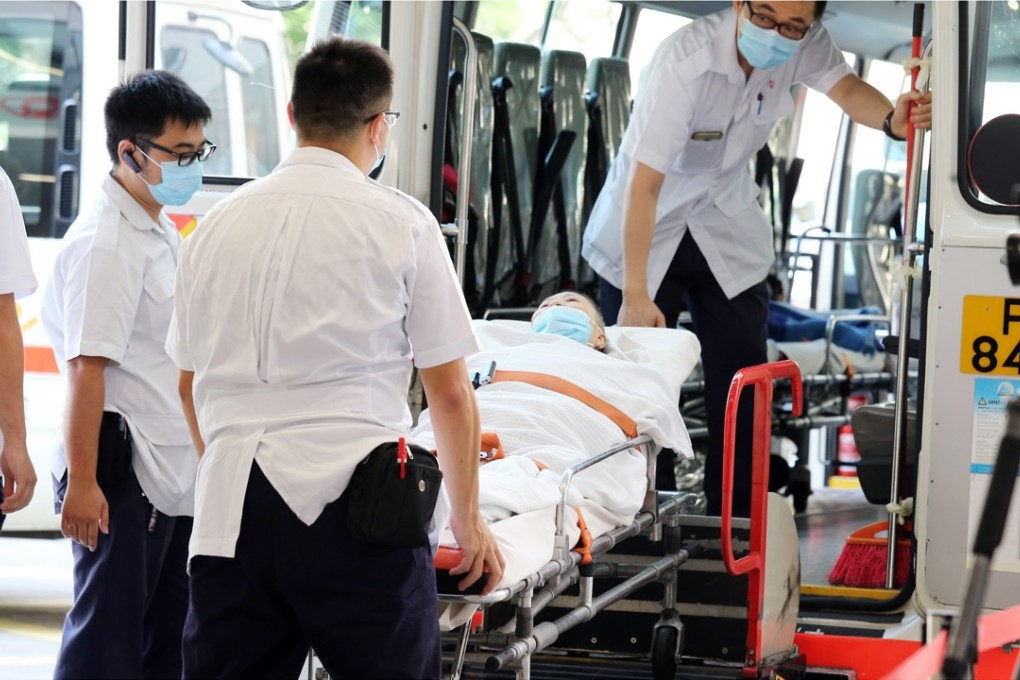Why Singapore is more attractive to overseas doctors than Hong Kong
Dr Daniel Poon says the licensing requirements in Hong Kong put off even overseas-trained doctors of local origin while the pay package for short-term specialist contracts is not internationally competitive

Yet, like me, many overseas doctors do not believe returning to the city is a viable career move. To understand this reluctance, one must consider the two main pathways to gain a medical licence in Hong Kong and the opportunity costs associated with each.
Uprooting oneself for a contract that is considered relatively short in the medical sphere is simply too unappealing for some
The second way back to Hong Kong is to apply for a one-to-three-year contract job after qualifying as a specialist overseas. If successful, the Hospital Authority will grant you limited registration, but only for the length of the contract.
Surely this is a more attractive option? Not so, as advanced medical training can often last five to 10 years post medical school, during which time, these doctors are likely to have laid down roots and have young families. Furthermore, specialists are often in demand where they trained, with the best opportunities for progression becoming available at this very stage of their careers. Uprooting oneself for a contract that is considered relatively short in the medical sphere is simply too unappealing for some, especially if it involves foregoing a tenure-type permanent position with guaranteed, stable career progression.